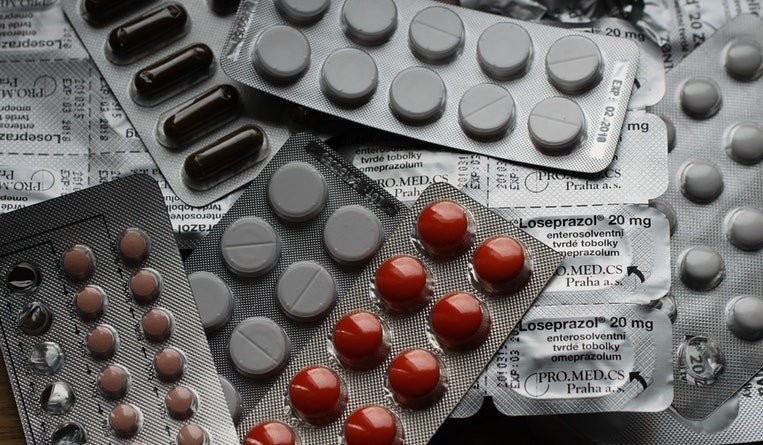A second-round victory for brand drug owners against generics who fail to declare relevant patents under Singapore’s patent linkage regime
30 September 2020

Proprietors of brand-name drugs may heave another sigh of relief as the Singapore Court of Appeal in Zyfas Medical Co (Sued as a firm) v. Millennium Pharmaceuticals, Inc [2020] SGCA 84 re-affirmed its holding in Millennium Pharmaceuticals, Inc v. Drug Houses of Australia Pte Ltd [2019] SGCA 31 (the DHA decision) rejecting an overly-restrictive interpretation of the scope of the patent linkage regime in Singapore.
Singapore’s patent linkage regime
Under the patent linkage regime in Singapore implemented by the Health Products (Therapeutic Products) Regulations 2016 (Cap. 122D) (the TPR), an applicant for product registration and marketing approval of a drug product is first required to declare any patent in force in respect of the said drug product to the Health Sciences Authority (the HSA). Where any patent is declared, the HSA will generally require the applicant to notify the proprietor of the declared patent. If the patent proprietor commences legal action against the applicant to defend its patent(s) within 44 days from the receipt of such notice, a 30-month moratorium will be applicable during which the HSA will not grant product registration or marketing approval of the drug product.
Background
The patent linkage regime is an important tool by which proprietors of brand-name drugs may protect their legitimate monopoly in a lucrative market. However, some generics may omit to declare relevant patents to the HSA, by-passing the patent linkage regime entirely and obtaining registration and marketing approval without being subject to the 30-month moratorium.
This was what transpired in Zyfas Medical Co (Sued as a firm) v. Millennium Pharmaceuticals, Inc: the generic drug entity, Zyfas Medical Co had obtained product registration of its generic bortezomib, Myborte, an oncology drug for the treatment of multiple myeloma and mantle cell lymphoma, without declaring to the HSA certain patents for the manufacture of bortezomib belonging to Millennium Pharmaceuticals, Inc.
Millennium brought an action against Zyfas for a court declaration that Zyfas had made a materially false or misleading statement, or omitted to disclose material matter, in its declaration to the HSA by failing to declare Millennium’s patents in contravention of Regulation 23(2)(a) of the TPR. Such a court declaration may be used to seek the cancellation of the relevant product registration and marketing approval.
At the first-instance hearing before the High Court, Zyfas argued that no court declaration ought to be granted as the omission to declare Millennium’s patents was not done knowingly or intentionally. The High Court disagreed and declared that Zyfas’ declaration under Regulation 23(2)(a) of the TPR omits to disclose matter that is material to its application for product registration of its Myborte product. Zyfas appealed against the decision.
The appeal by Zyfas
On appeal, Zyfas changed its tack to argue that the process patents (as opposed to product patents) do not have to be declared to the HSA under the patent linkage regime. Zyfas argued that the phrase “patent … in force in respect of the therapeutic product” required to be declared under Regulation 23(2)(a) of the TPR refers only to a product patent and not a process patent.
The decision of the Court of Appeal
Zyfas’ appeal was dismissed by the Court of Appeal. The Court of Appeal unequivocally held that process patents, like product patents, have to the declared to the HSA pursuant to the patent linkage regime under the TPR, for the following reasons:
- The plain meaning of the word “patent” in Regulation 23(2)(a) of the TPR, as defined in the Patents Act (Cap. 221), includes process patents. The Patents Act does not distinguish between product and process patents;
- The purpose of Regulation 23(a) of the TPR was to fulfil Singapore’s treaty obligations to implement a patent linkage system under the United States – Singapore Free Trade Agreement (the USSFTA). Interpreting Regulation 23(2)(a) of the TPR to include process patents is consonant with the terms of the USSFTA, which does not differentiate between product and process patents; and
- The legislative intention of Regulation 23(2)(a) of the TPR, and the patent linkage regime at large, was to give notice and protection to proprietors of relevant patents, whether they are product or process patents. There is no reason why product patents should be accorded more protection than a process patent.









